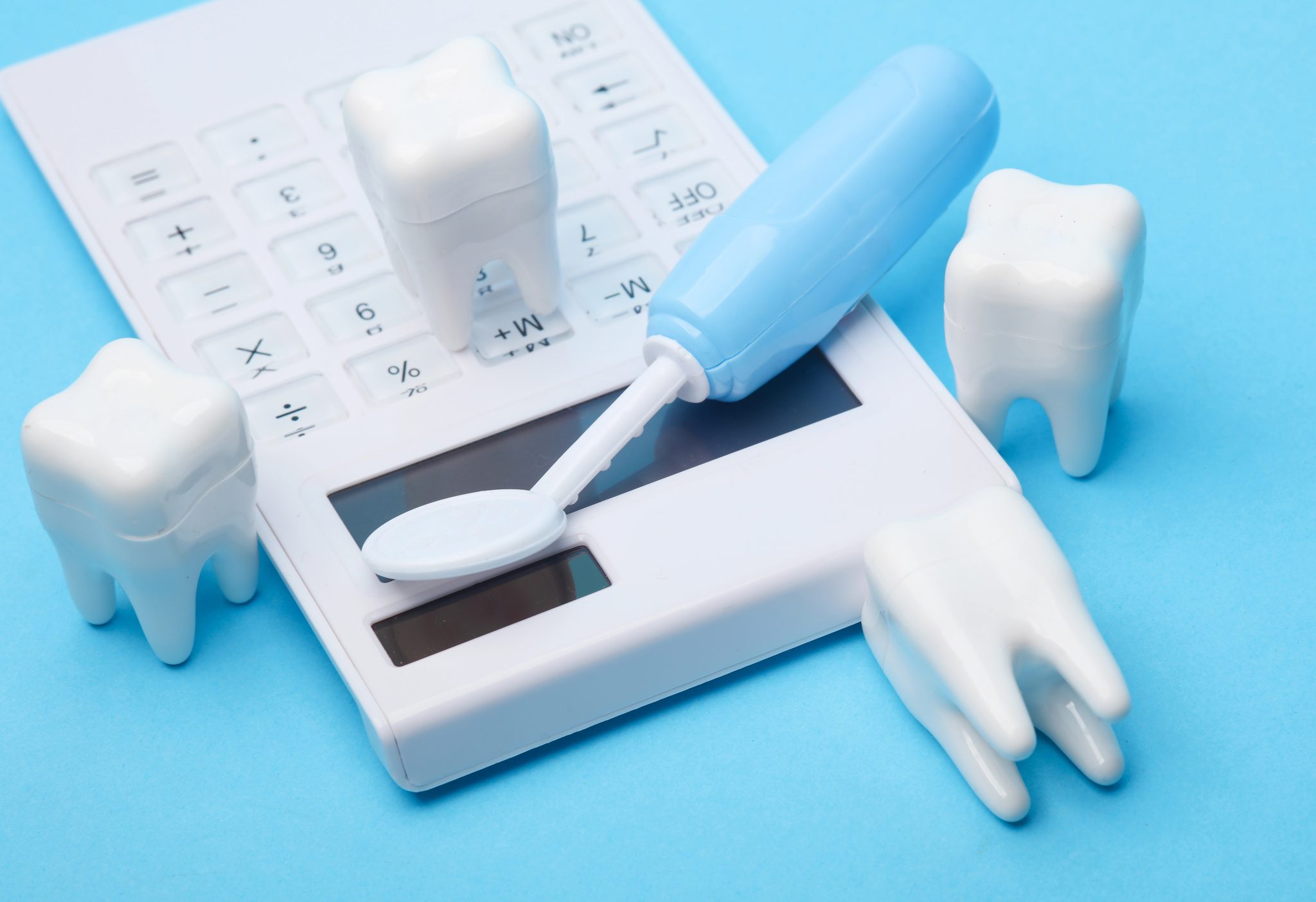From managing insurance claims and patient billing, to tracking procedure-specific costs and revenue, dental offices face unique financial workflows that generic software simply wasn’t built to handle. You’ll save yourself lots of time – and money – with a market-specific solution. In this article, we’ll explain the key considerations that go into choosing the right accounting software for dental practices big and small.
Table of Contents
ToggleAccounting Software for Dental Practices is Worth the Investment
Before making the case for industry-specific solutions or discussing what goes into choosing the right accounting software for dental practices, we should take a moment to underscore how important of an investment these systems are, to begin with.
Whether small and family-owned, or spread out across multiple locations, oral care service providers can only remain profitable if they maintain tight control over their finances. There was once a time when businesses had no choice but to manage everything using Excel – or even paper – spreadsheets. Now, though, digital tools make things both easier and more accurate.
The right software solution can streamline operations, reduce errors, and provide the detailed reporting needed to make data-driven business decisions. While the upfront cost may give some practice owners pause, the long-term benefits in terms of time savings, accuracy, and financial control make dental accounting software a worthwhile investment.
What Makes Accounting Software for Dental Practices Unique?
General accounting software is designed for business use across many industries. You’ve undoubtedly seen commercials for popular accounting platforms like QuickBooks, FreshBooks, and Xero. These solutions offer robust features for tracking income and expenses, managing payroll, and generating financial reports. But the value stops at basic bookkeeping needs.
Specialized industries – particularly those in healthcare, legal services, and construction – often require more nuanced financial management tools that address their unique operational requirements.
For example, law firms need specialized billing systems that can track billable hours by client and matter, handle trust accounting, and manage retainer payments. Construction companies require project-based accounting that can track costs and revenue across multiple job sites, manage subcontractor payments, and handle progress billing. Healthcare providers need systems that can process insurance claims, track patient payments, and ensure compliance with medical billing regulations.
And then there’s the dental industry, which encompasses perhaps more nuances than any other sector. It combines elements of both medical practice and retail business operations; services ranging from essential preventive care to elective cosmetic procedures, and every jurisdiction has unique laws and programs governing dental care delivery and reimbursement. A single patient visit might involve multiple procedures, each with its own billing codes and insurance coverage rates. The practice needs to track not just the total amount billed, but also expected insurance reimbursements, patient copays, and any adjustments or write-offs. They must manage everything from procedure-specific costs and materials inventory to staff scheduling and overhead expenses.

What Goes Into Choosing the Right Accounting Software for Dental Practices
Just like the dental industry is case-specific, requiring special considerations when it comes to software, dental practice software itself should be selected on a case-specific basis as well. Smart investments start with thorough forethought and research. Get an idea of what you need by reviewing the following criteria.
Practice Size and Growth Plans
Consider not just your current operational scale but your future expansion plans as well. A solo practitioner has different needs than a multi-location practice network. Some software solutions are better suited for smaller operations while others excel at managing complex, multi-site practices. Choose a solution that can grow with you.
Integration Requirements
Your accounting software shouldn’t exist in isolation. Look for solutions that can seamlessly integrate with your existing practice management system, electronic health records (EHR), and other critical business tools. This integration reduces manual data entry and ensures consistent information across all systems.
Compliance and Security Features
Given the sensitive nature of patient data and financial records, robust security features are non-negotiable. Your chosen solution must comply with provincial healthcare regulations and should include risk mitigation features like role-based access control, audit trails, and secure data backup.
User-Friendly Interface
Even the most powerful software is useless if your team can’t effectively use it. Look for intuitive interfaces, comprehensive training resources, and reliable customer support. The learning curve should be reasonable for staff members with varying levels of technical expertise.
Cost Structure
Beyond the initial purchase price, understand the total cost of ownership. This includes implementation fees, monthly subscription costs, training expenses, and any charges for additional users or features. Compare these costs against the expected benefits and ROI.

Choosing the Right Accounting Software for Dental Practices is Hard. Choosing Dental Tax is Easy.
Choosing the right accounting software for your dental practice requires careful research and consideration. Instead of navigating this alone, Dental Tax seamlessly complements your accounting software, enhancing its functionality with industry-specific expertise. Our tailored solutions simplify dental accounting, ensuring efficiency and accuracy while allowing you to focus on patient care.
Contact us today to learn how we can help your dental practice optimize its financial management and focus more time on what matters most – providing excellent patient care.
Adam has an MBA from the Richard Ivey School of Business in London and also holds a Chartered Investment Manager designation.
- 2026 Tax Changes Affecting Canadian Dentists - January 5, 2026
- Financial Metrics Every Dental Practice Should Track - December 22, 2025
- Buying vs. Starting a Dental Practice: Financial Comparison - December 11, 2025




